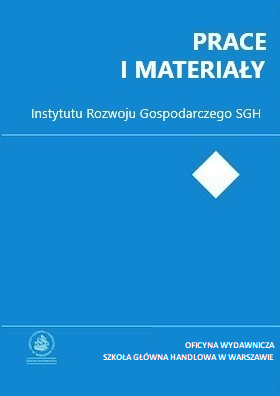Rola otwartej metody koordynacji w procesie integracji europejskiej
Main Article Content
Abstract
Broadening of the scope of the European Union policy led - in 2000 - to the implementation of an additional way of its integration - the Open Coordination Method which relatively swiftly covered increasingly many fields of politics. The method is typical of lack of binding law (it is based on inter-government agreement and political responsibilities, whose accomplishment depends on the willingness of member states to co-operate so as to reach common targets) as well as limited involvement of pan-national institutions. The official implementation of the OCM as a way to take joint decisions by member states, along with so called Community (regulatory) and inter-government method, arouses both a wide interest and controversies among analysts. They mainly concern the consequences of the Method application for the European integration, efficiency and democratic legitimacy. The assessment of practical usefulness of the method is often accompanied by significant uncertainty resulting from the nature of the process and problems of technical specificity. The purpose о the paper is to present the concept and the idea of implementing the OCM against the background surrounding it - a discussion that proves complexity of determinant of the Method being successful. (original abstract)
